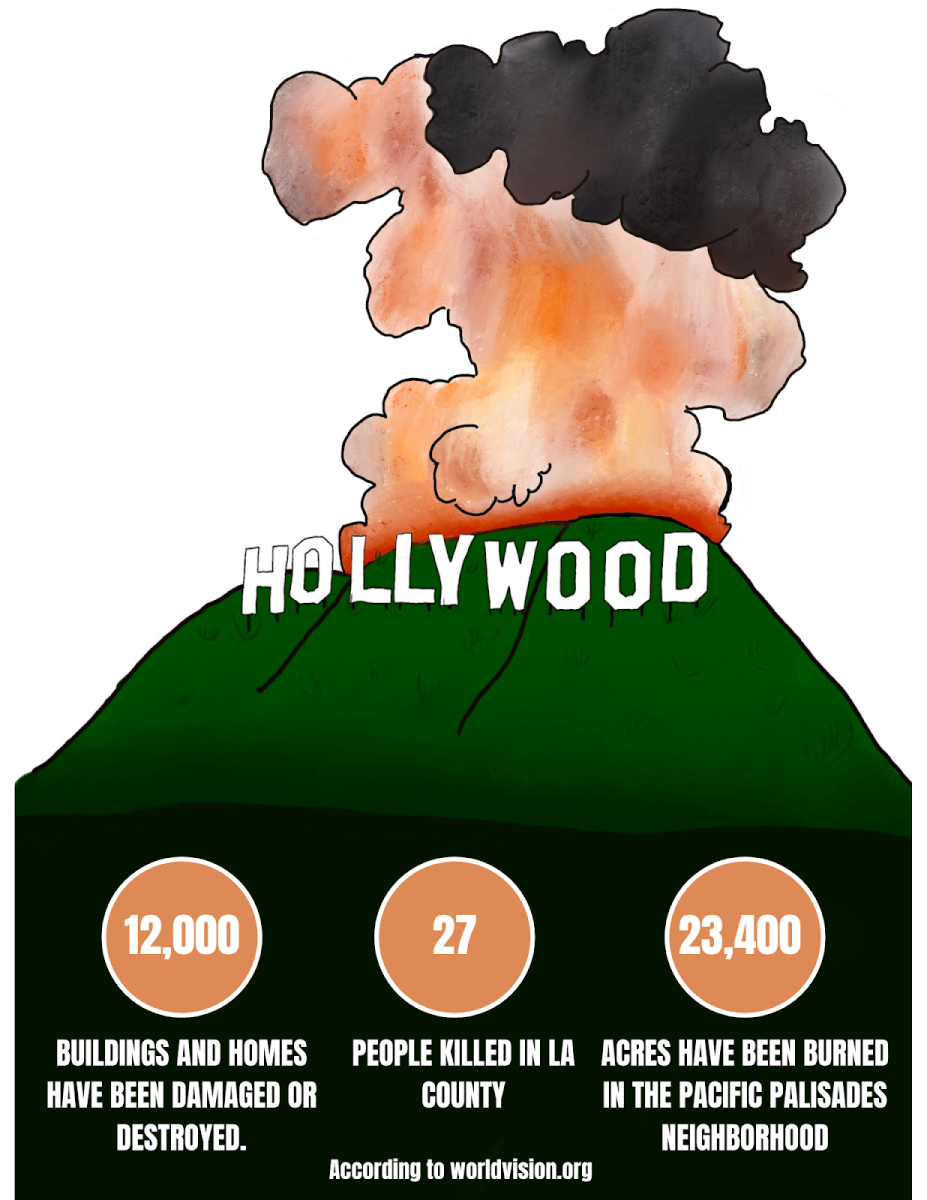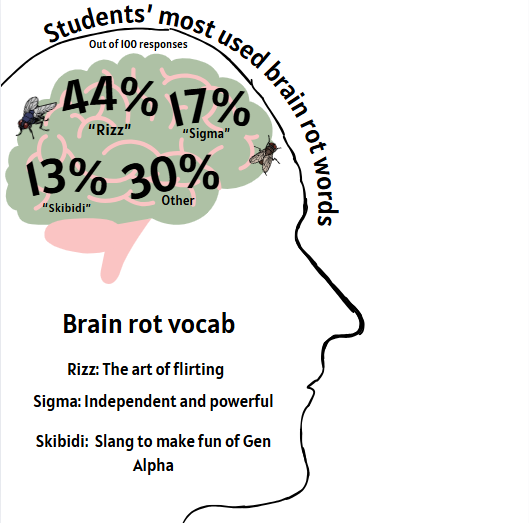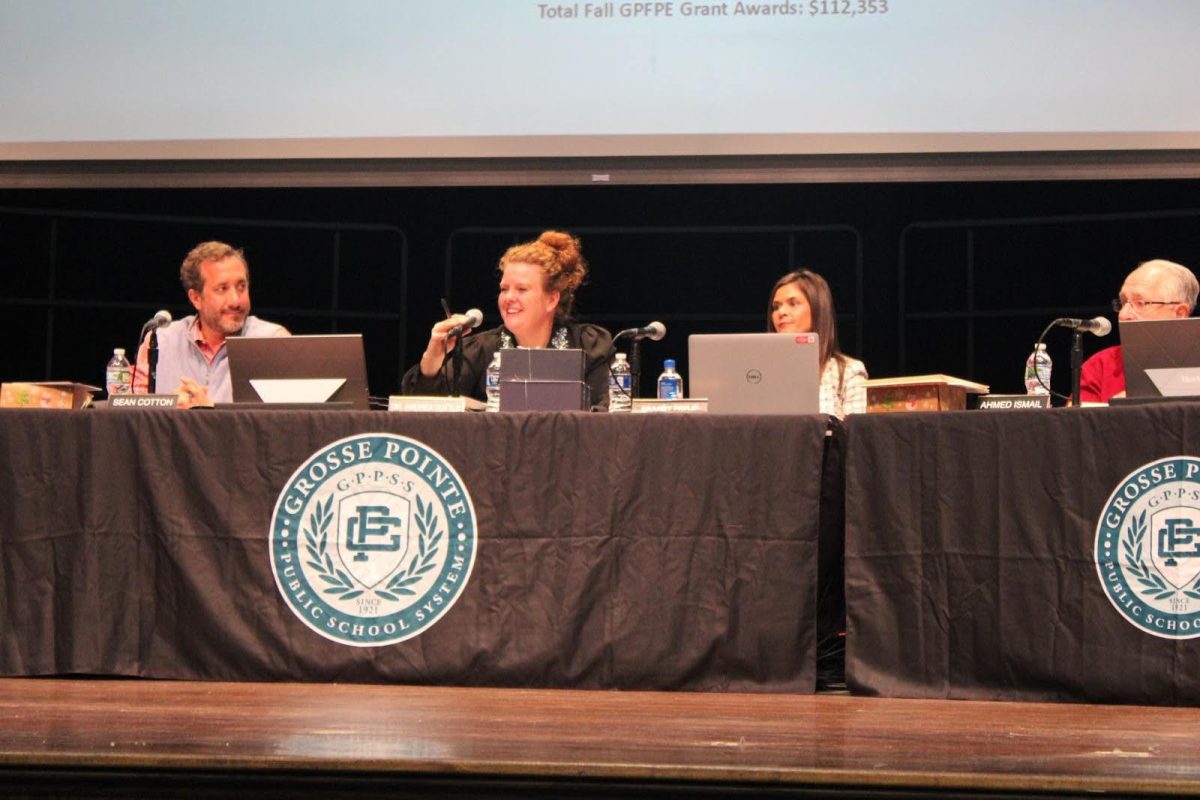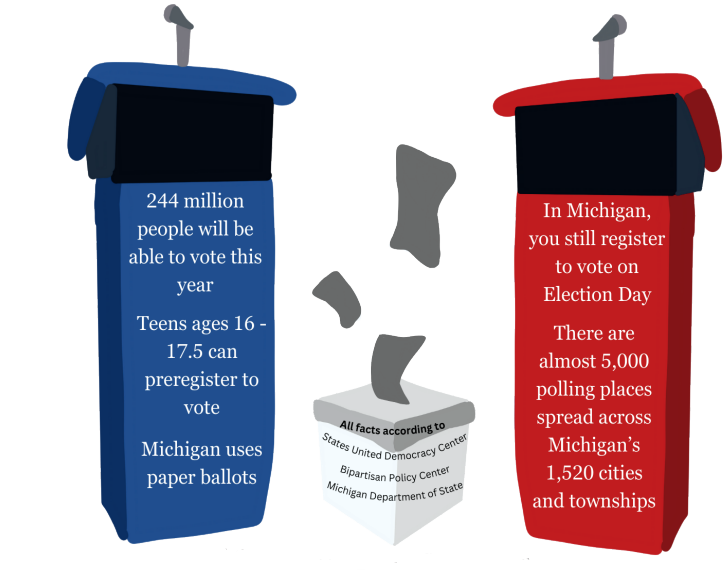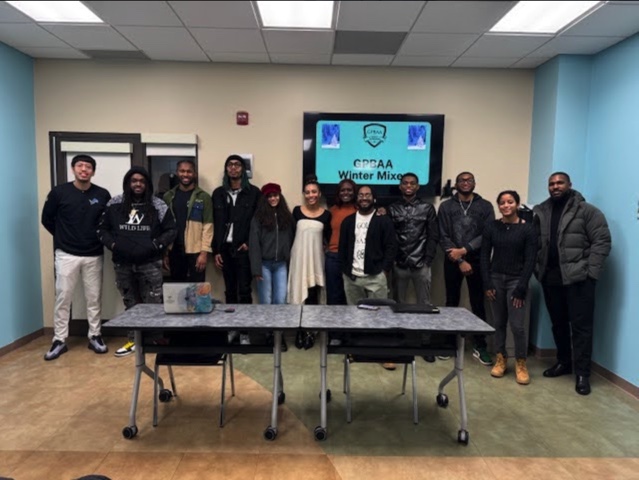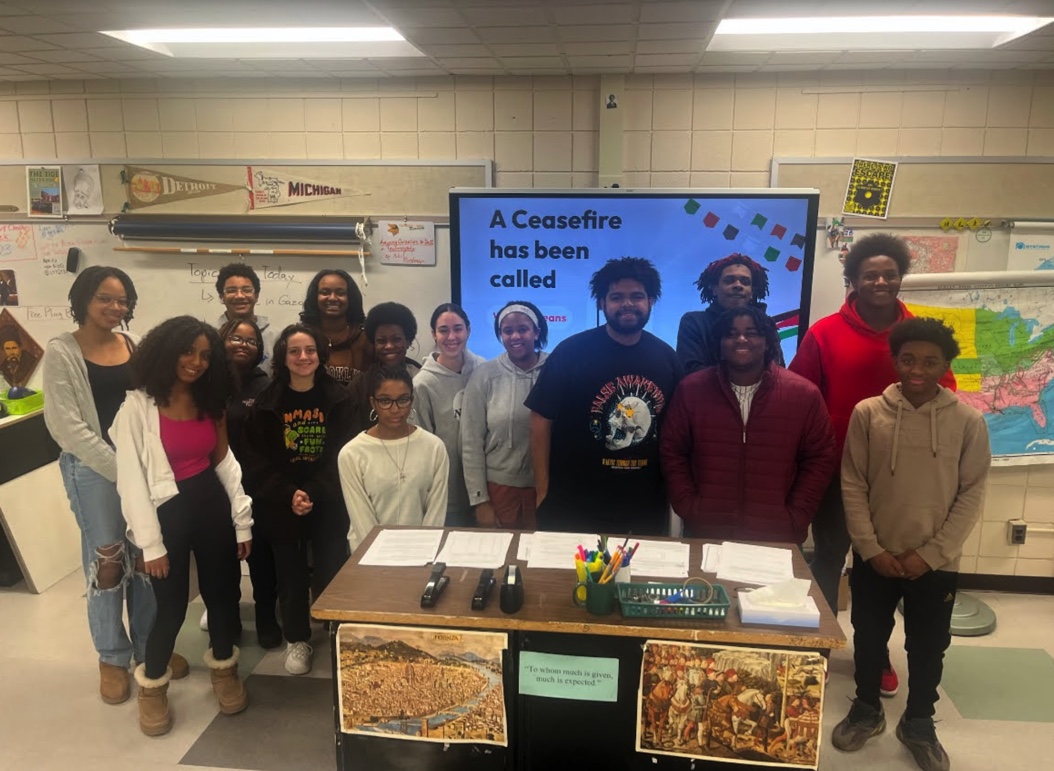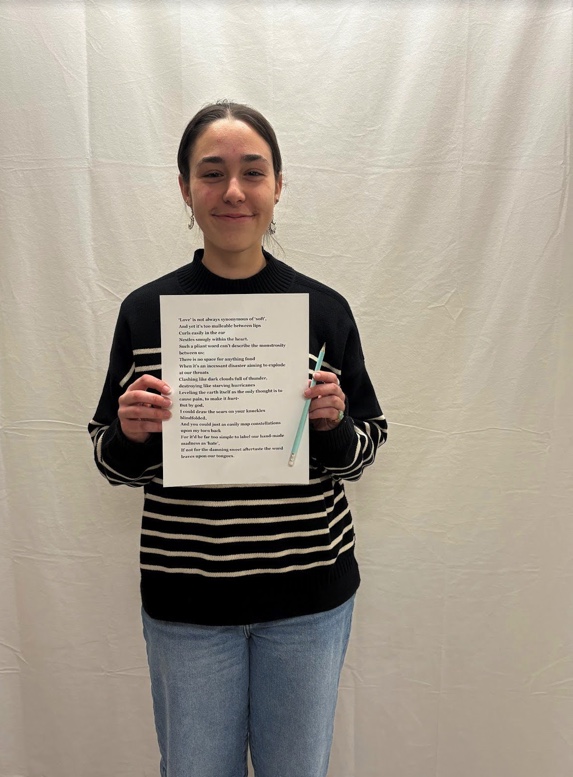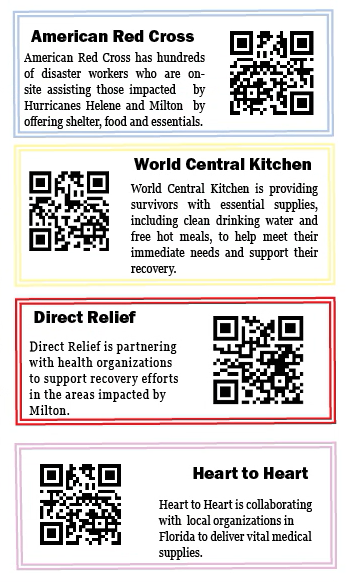
Each year, severe storms are most likely to form across the Atlantic Ocean from June 1 to Nov. 30. Most recently, Milton made landfall on Oct. 9 as a category three hurricane with winds reaching up to 120 mph. It has caused severe destruction to people’s homes, jobs and lives. People like junior Luke Leonhard, who has gone to his family house in Fort Myers Beach, Florida for years, are struggling to decide whether to let go of their cherished homes or keep them after the repeated damage caused by the storms.
According to CBS News, the cost of damages are already at an estimated $50 billion. Contributing to the amount was Leonhard’s summer home which had already been affected by previous hurricanes.
“We have a place in Florida and unfortunately it got damaged by Milton, as well as it did by Hurricane Ian two years ago,” Leonhard said. “It’s really been a deciding factor if we’re going to keep our place or sell it in the future. We’ve been going there for my whole life.”
Unfortunately, damage to Student Activities Director Peggy Bonbrisco’s home on Pine Island, Florida is becoming a regular occurence. Her home has been hit by multiple hurricanes and she has seen firsthand the effect they can have on the people in her own community.
“There are families working on the island, there’s families working all the way down the coast that was hit by Milton,” Bonbrisco said. “If you can’t get your family together and living in a safe surrounding with food, clean water and a clean bed, I think it would be very difficult to get up and go support your family and it could also be that your livelihood can be taken by the storm which is a whole different problem.”
This opinion is no different from Sue Anne Bell’s, an associate professor at the University of Michigan with expertise in disaster response, long-term effects of disasters and emergency care. Her research projects show that people without resources struggle the most.
“People who have chronic health conditions really struggle after a disaster because they struggle with meeting their basic healthcare needs,” Bell said. “Say that you’re a diabetic and you’re on a special type of diet to help control your blood sugar but you don’t have electricity in your house. You’re more likely to eat foods that are shelf-stable, like bread and carbohydrates. When you don’t have electricity, that’s going to make your blood sugar go higher.”
Physical health isn’t the only thing that can hurt people getting back on their feet. Mentally, it is draining to continue to deal with these problems year after year and Leonhard is no exception to this.
“It’s made it hard because every time we plan a trip it seems like a hurricane hits and it’s ruined our time down there, especially our place where we used to make a lot of good memories,” Leonhard said.


